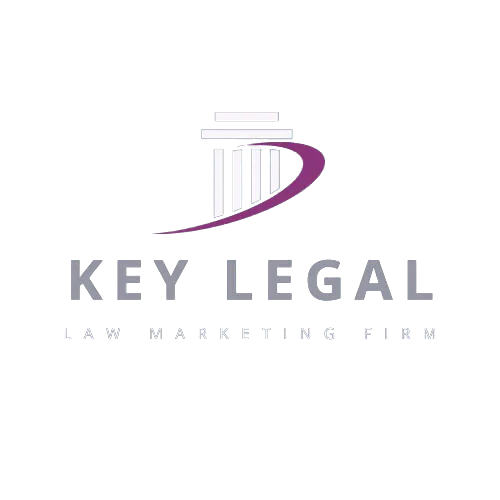BLOGS

Balancing AI and TCPA in Legal Practices
Balancing AI and TCPA in Legal Practices
In the ever-evolving landscape of technology and law, Artificial Intelligence (AI) has become a significant player, especially in the realm of communication and marketing. As law firms and legal service providers like Key Legal Agency leverage AI to enhance efficiency and client engagement, understanding its intersection with the Telephone Consumer Protection Act (TCPA) is crucial. This blog explores how AI intertwines with the TCPA and what it means for law firms.
The Rise of AI in Communication
AI has revolutionized the way businesses interact with customers. From chatbots that handle initial inquiries to sophisticated algorithms predicting customer behavior, AI tools are reshaping customer engagement. However, as these technologies become more prevalent, the importance of adhering to legal frameworks like the TCPA cannot be overstated.
AI and TCPA Compliance
Automated Dialing Systems
One of the core elements of the TCPA is its regulation of automated telephone dialing systems (ATDS). As AI systems can be used to automate calls, it's essential to ensure they comply with TCPA guidelines, which require prior consent for automated calls to cell phones.
Pre-Recorded Messages
AI-driven voice technologies often use pre-recorded messages. Under the TCPA, using pre-recorded voices for telemarketing purposes necessitates explicit consent from the recipient. Law firms using these AI tools must keep this in mind to avoid potential violations.
Text Messaging
AI is also increasingly used in text messaging campaigns. The TCPA’s rules on text messages are similar to those on voice calls, particularly when texts are sent using an autodialer. Ensuring opt-in consent is a key compliance factor.
Challenges and Considerations
Determine Autodialer Status
One challenge is determining whether an AI system qualifies as an ATDS under the TCPA. This often hinges on the system's capacity to dial numbers without human intervention. As AI technology evolves, so does the legal interpretation of what constitutes an autodialer.
Consent Management
Managing and documenting consent is vital. AI systems must be designed to capture and record consent accurately, ensuring that outreach efforts are compliant.
Frequency of Contact
AI tools can optimize contact schedules, but they must be programmed to respect the TCPA’s time restrictions, avoiding calls outside the allowed hours.
Best Practices for Law Firms
Stay Informed: Keep abreast of the latest legal interpretations and rulings regarding AI and the TCPA.
Consent is Key: Ensure your AI tools are configured to obtain and record consent effectively.
Partner Wisely: Work with technology providers who understand and adhere to TCPA regulations.
Regular Audits: Conduct regular audits of your AI communication tools to ensure ongoing compliance.
Educate Your Team: Ensure everyone involved understands the TCPA’s implications on your AI-driven communication strategies.
Key Legal Agency’s Approach
At Key Legal Agency, we recognize the potential of AI in enhancing our services, such as providing warm transfers and high-intent leads to law firms. We are committed to leveraging AI responsibly, ensuring all our AI-driven processes, including those managed by our onshore call centers, are fully compliant with the TCPA.
Embracing the Future Responsibly
As AI continues to transform legal marketing and client communication, embracing its benefits while navigating the complexities of laws like the TCPA is a balancing act. By staying informed and prioritizing compliance, law firms can harness AI's power without losing sight of their ethical and legal obligations.
For more insights into legal marketing and compliance, visit us at keylegalagency.com. Our commitment is to provide cutting-edge, compliant solutions for law firms navigating the dynamic intersection of technology and law.

